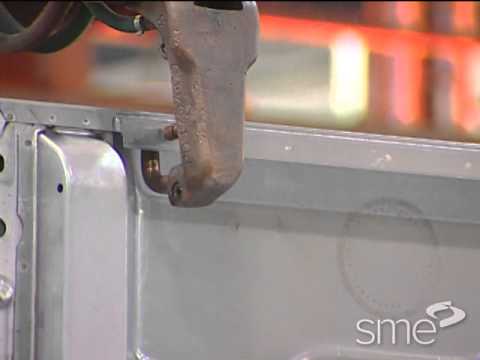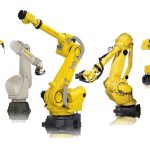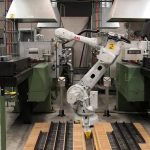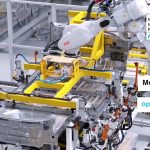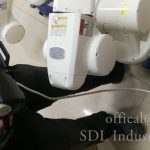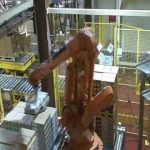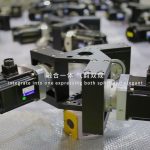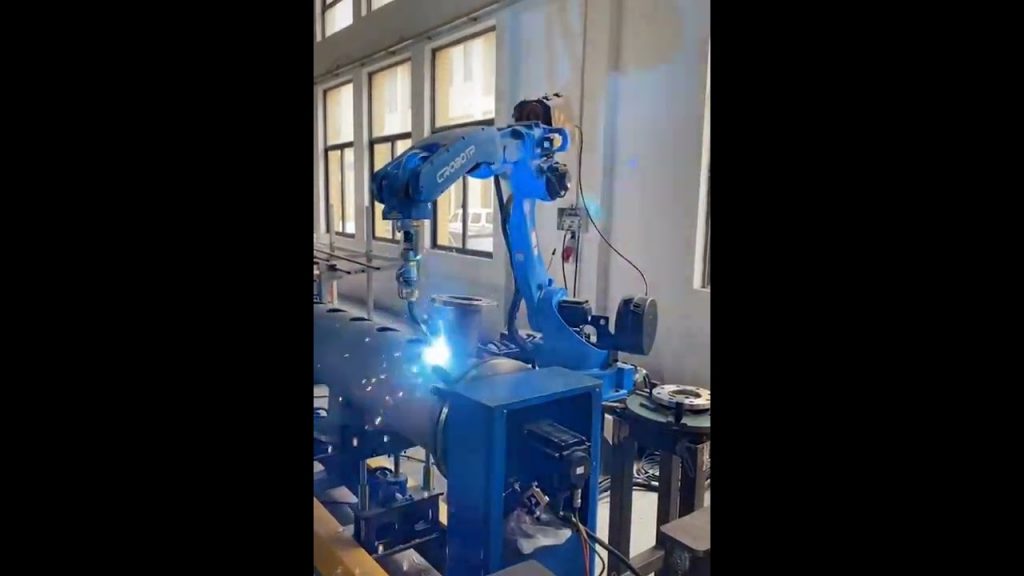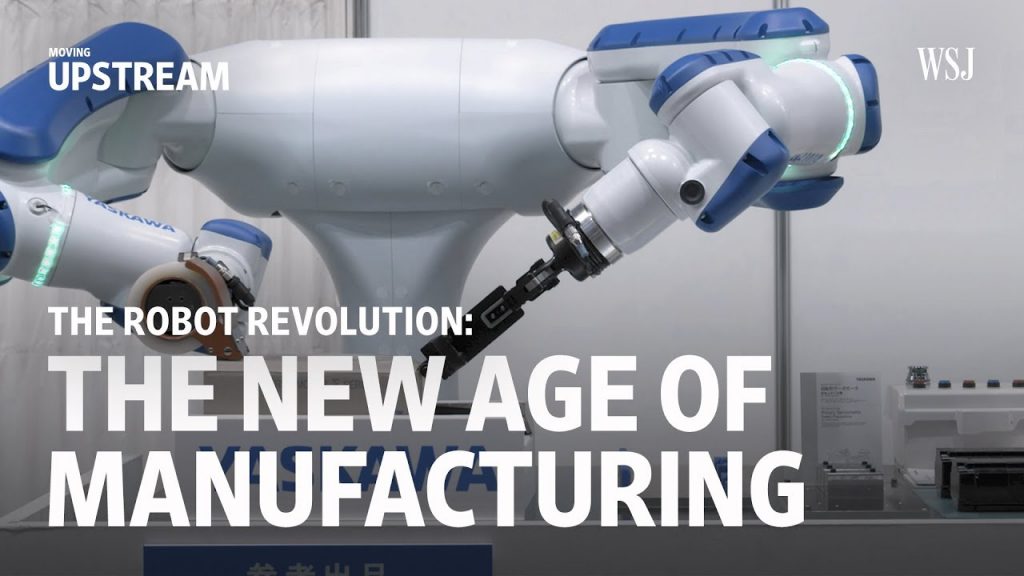Industrial robots are a crucial component in manufacturing systems, providing automated and flexible solutions for a wide range of applications. These robots play a vital role in improving efficiency, productivity, and overall performance in industrial settings. In this article, we will explore the various applications of industrial robots and how they revolutionize the manufacturing industry.
Industrial robots are designed to perform tasks that are repetitive, hazardous, or require precision and accuracy beyond human capabilities. These robots can be programmed to carry out tasks with speed and precision, leading to increased productivity and reduced human error. They can handle various materials, from lightweight components to heavy machinery, making them highly versatile.
One of the most common applications of industrial robots is in assembly lines. These robots can perform repetitive tasks such as pick and place, sorting, and assembling components. By automating these tasks, manufacturers can significantly increase their production rates while ensuring consistent quality.
Industrial robots also excel in material handling applications. They can efficiently move heavy objects, transport materials between different areas, and load/unload items from storage. This not only reduces the risk of injuries to human workers but also optimizes logistical processes, leading to smoother operations and cost savings.
Another significant application of industrial robots is in welding and fabrication. These robots can perform precise and consistent welds, resulting in high-quality products. By using robots for welding tasks, manufacturers can achieve greater accuracy, reduce material waste, and enhance overall product quality.
Painting and finishing processes also benefit greatly from industrial robots. These robots are equipped with advanced sensors and programming capabilities that enable them to apply paint or coatings with precision and uniformity. This ensures a flawless finish and eliminates the need for human workers to be exposed to potentially harmful chemicals.
Industrial robots are also widely used in inspection and quality control processes. They can be programmed to perform detailed inspections, identify defects, and reject faulty products. This not only ensures that only the highest quality products reach the market but also reduces the need for manual inspections, saving time and resources.
In recent years, collaborative robots (cobots) have gained popularity in industrial settings. These robots are designed to work alongside human workers, assisting them in tasks that require strength, precision, or repetitive motions. Cobots enhance productivity, improve safety, and foster a harmonious human-robot working environment.
The applications of industrial robots are vast and continue to expand as technology advances. These robots have the potential to revolutionize industries such as automotive, electronics, pharmaceuticals, and many others. With their ability to streamline processes, increase efficiency, and improve product quality, industrial robots are becoming an indispensable tool for manufacturers worldwide.
In conclusion, industrial robots are transforming the manufacturing industry with their automated and flexible capabilities. From assembly lines to material handling, welding to painting, these robots excel in various applications. Their precision, speed, and ability to handle heavy loads make them an invaluable asset for manufacturers seeking to enhance productivity and efficiency. As technology progresses, the applications of industrial robots will only continue to grow, revolutionizing industries and driving innovation forward.
Check the coil packing solution with leading manufacturers for professional solutions in industrial robot applications. Industrial Robot
“Revolutionizing Manufacturing: Unleashing the Power of Industrial Robotics for Enhanced Efficiency and Precision”

